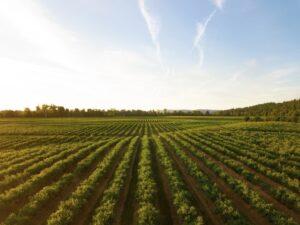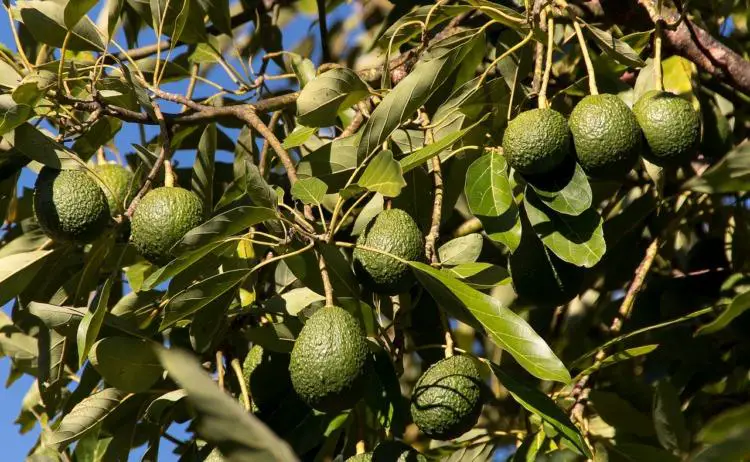The agriculture sector in Uganda is estimated to have contracted by close to 1 percent due to reduced export demand associated with COVID-19 restrictions and decreased output caused by the regional desert locust invasion.
This is according to a study conducted by Deloitte which reveals that agriculture remains a key economic sector and one of the largest employers in the country, responsible for 70.3 percent of the labour force (with the majority in subsistence farming) and accounting for almost 28 percent of real GDP.
The study says that 2020 saw a significant decline in effective domestic demand for food following the closure of schools and the hospitality industry.
The massive loss of employment further led to reduced household incomes with consumers opting for less food and cheaper, less nutrient-rich food items.
It also finds that the number of food insecure people in the country increased by 1.1 million to 16.4 million representing 37.6 percent of the total population.
During the year, Uganda was a major net exporter of pineapples and tomatoes to Kenya and South Sudan.
“However, because of the lock-down implemented in March, buyers were unable to access the produce hence the entire March to May harvests of pineapples and tomatoes scheduled for South Sudan and Kenya, were channeled into the local market thus overwhelming it and sending prices plummeting, leading to staggering losses to farmers and traders,” the report notes.

Growth despite pandemic
Despite a contraction in the agricultural sector, coffee export revenues registered a 17.6 percent growth from USD 438.6 million in 2019 to USD 515.6 million in 2020, which cushioned the losses from horticultural produce.
The country is one of the leading producers of coffee in Africa, contributing up to 19 percent of the country’s total exports.
The economic stimulus package allocated UGX 300 billion to the agriculture sector for improving agricultural inputs to compensate for the deterioration in agricultural production during the nationwide lock-down, which was eased from late May 2020.
Kenya’s economy to grow by 5.9% in 2019
A Rebound
The agriculture sector is projected to rebound in 2021, posting a 2.8 percent growth.
The report says this will be driven by a rise in global prices for major agricultural exports and an increase in agricultural output as sector-specific projects funded by development partners help boost production.
“The sector is projected to grow by 2.8 percent in 2021 due to increased global demand for Uganda’s agricultural exports,” the report notes.
Outlook
Overall, the country’s GDP is estimated to have contracted by 1.1 percent in 2020, mainly due to a sharp decline in tourism and the effect of the regional locust outbreak on agriculture.
Despite the negative effect of the pandemic, the Ugandan Shilling (UGX) remained relatively stable against the US Dollar (USD) averaging UGX 3,717.5/USD in 2020.
The UGX is projected to appreciate to 3,714 UGX/USD in 2021 driven by a rebound in exports.
Inflation in 2020 was relatively subdued at 3.8 percent against a pre-COVID-19 forecast of 3.5 percent mostly due to the decline in global oil prices, and an accommodative monetary policy put in place to cushion against the effects of the pandemic.
Deloitte expects the Inflation to rise to 4.2 percent in 2021 partly driven by expected higher global oil prices.
Uganda’s foreign exchange reserves were estimated at USD 3.8 billion (5 months of import cover) in 2020 driven by an overall balance of payments surplus.
The report notes that the country’s current account deficit worsened to 9.8 percent of GDP in 2020, driven by a widened service account deficit.
This is however expected to narrow to 6.8 percent in 2021 driven by rising exports and remittance inflows.
Its foreign exchange reserves were estimated at USD 3.8 billion (5 months of import cover) in 2020 driven by an overall balance of payments surplus.
Kenya’s economy expected to grow
The report expects the country’s GDP growth to be at 3.7 percent in 2021 driven by a 2.8 percent growth in agriculture as global demand for coffee rises.
It will also be driven by resumption of infrastructure projects and a 3.5 percent growth in services supported by growing regional trade.
Deloitte however, the country ongoing 42-day lock-down may deter the country from achieving the 3.7 percent forecasted growth in 2021.











